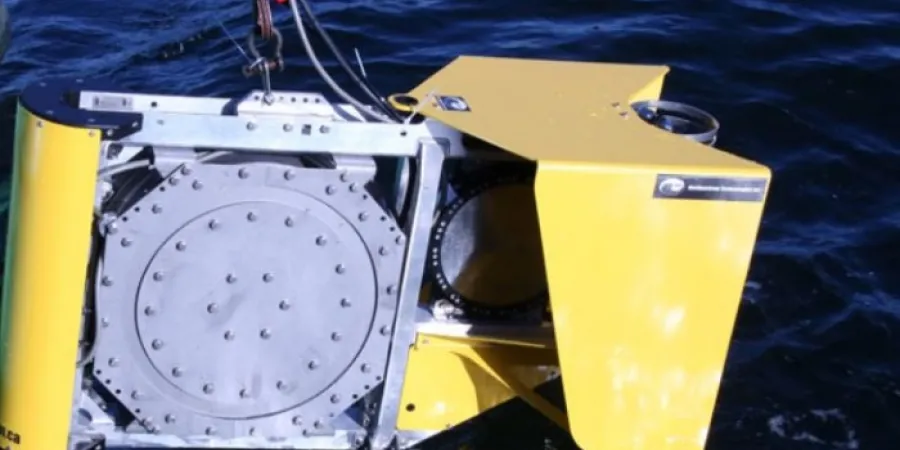GeoSpectrum to Supply Underwater Communication System to Western Customer
The Elbit subsidiary's system facilitates acoustically encoded through-water communications at ranges of up to hundreds or even thousands of kilometers
IsraelDefense
| 02/06/2020
GeoSpectrum Technologies, a subsidiary of Israel's Elbit Systems, announced June 2 that it was selected to deliver its Long-Range Acoustic Messaging (LRAM) system to a Western customer, marking the company's latest sale of the long-range underwater communication technology.
Nova Scotia, Canada-based GeoSpectrum recently delivered LRAM equipment to the Canadian government.
The LRAM system is designed to send acoustically encoded tactical messages from a user-controlled station to a submerged asset such as a submarine. Two-way communication can also be provided.
The system provides the capability to covertly communicate with a submarine without requiring the vessel to be at periscope depth. Such communication can be vital for tactical communication as well as for enhancement of safety by routine monitoring and handling of distress situations. The communications can be transmitted from a ship, offshore site, or command station using an acoustic link on an expendable buoy, unmanned surface vehicle (USV) or manned vessel.
The system's configuration supports strategic communication at ranges of up to thousands of kilometers using GeoSpectrum’s unique Very Low Frequency (VLF) source, or at ranges of up to hundreds of kilometers using Low Frequency (LF) sources. Also, it can provide a means for reliable and secure remote acoustic activation or communications with Unmanned Underwater Vehicles (UUVs) and divers.
Paul Yeatman, president of GeoSpectrum, said “The LRAM system has demonstrated its capacity to provide long range, reliable LF acoustic communication in a range of NATO exercises in diverse global arenas. The integration of cutting-edge acoustic transducers yields outstanding sub-sea communication performance and we are excited about the growing interest in our systems.”
The Elbit subsidiary's system facilitates acoustically encoded through-water communications at ranges of up to hundreds or even thousands of kilometers
GeoSpectrum Technologies, a subsidiary of Israel's Elbit Systems, announced June 2 that it was selected to deliver its Long-Range Acoustic Messaging (LRAM) system to a Western customer, marking the company's latest sale of the long-range underwater communication technology.
Nova Scotia, Canada-based GeoSpectrum recently delivered LRAM equipment to the Canadian government.
The LRAM system is designed to send acoustically encoded tactical messages from a user-controlled station to a submerged asset such as a submarine. Two-way communication can also be provided.
The system provides the capability to covertly communicate with a submarine without requiring the vessel to be at periscope depth. Such communication can be vital for tactical communication as well as for enhancement of safety by routine monitoring and handling of distress situations. The communications can be transmitted from a ship, offshore site, or command station using an acoustic link on an expendable buoy, unmanned surface vehicle (USV) or manned vessel.
The system's configuration supports strategic communication at ranges of up to thousands of kilometers using GeoSpectrum’s unique Very Low Frequency (VLF) source, or at ranges of up to hundreds of kilometers using Low Frequency (LF) sources. Also, it can provide a means for reliable and secure remote acoustic activation or communications with Unmanned Underwater Vehicles (UUVs) and divers.
Paul Yeatman, president of GeoSpectrum, said “The LRAM system has demonstrated its capacity to provide long range, reliable LF acoustic communication in a range of NATO exercises in diverse global arenas. The integration of cutting-edge acoustic transducers yields outstanding sub-sea communication performance and we are excited about the growing interest in our systems.”



